
OR
OBOR membership
Nepal is now an official member of Chinese President Xi Jinping’s signature Belt and Road Initiative (BRI), also known as ‘One Belt One Road’ (OBOR). There is unquestionably an overwhelming support in Nepal for OBOR. Yet there are also doubts about whether Nepal rushed into the project, instead of first carefully working out what it wanted out of it. The timing of Nepal’s entry into OBOR may be debatable, but the rationale for it is not. Since the founding of modern Nepal, all our rulers have felt the need to carefully balance the influence of India and China so that one of them doesn’t become a dominating actor in Nepal. Nepal’s location between these two big, ancient civilizations was always of great geostrategic importance. It is even more so these days as India and China compete to establish themselves as regional and global powers. Going forward, Nepal’s fate will be closely tied to its success (or lack thereof) in balancing India and China.
The benefits to Nepal of joining OBOR are obvious. China had in recent times tied more and more of its bilateral support, and even its support for major infrastructure projects in the region, to the OBOR framework. If Nepal had not joined, it risked losing out on potentially billions of dollars worth of Chinese aid. For instance President Xi on Sunday announced assistance worth US $8.7 billion that will go to Nepal and other OBOR member countries; this is in addition to nearly $50-billion Silk Road Fund set up for the same purpose. Now the onus is on Nepal to skillfully tap into this fund. In this context, Nepal has already asked China to extend Chinese rail link that will come to Keyrung on Nepal-China border by 2020, all the way to Kathmandu. Separately, the two countries now have MOUs on development of Cross Border Economic Zones and upgrade of the Rasuwagadhi-Syaphrubesi road. These are all positive signs, and point to a future of Nepal-China relation that will be characterized by more trust and understanding. But the road ahead won’t be smooth.
One such hurdle is the constantly changing cast of characters in Sighadurbar. The government of KP Oli signed the famous trade and transit agreement with China in early 2016, but the impetus was soon lost when Oli exited in August 2016. Now that the Dahal government has finally signed up for OBOR, Dahal will soon make way for Sher Bahadur Deuba as prime minister. It is by no means certain that Deuba will be keen on expediting bilateral cooperation under OBOR. Really, Nepal won’t benefit from OBOR or any other ambitious foreign initiative it joins unless there is cross-party consensus on such projects. Thus at least the major political actors should learn to see eye to eye on the basics of Nepal’s foreign policy. Only then will foreigners trust us. Nepali political actors will also have their task cut out convincing India, our other neighbor—which has decided not to join OBOR—that they are committed to protecting India’s vital interests in Nepal; that it would be suicidal for Nepal to try to play off one neighbor against another. It’s a tricky balancing act, no doubt, but also a vital one. OBOR promises so much for Nepal. Now it is up to our political actors to cash in on this great promise.
You May Like This

Nagdhunga-Sisnekhola tunnel breakthrough: Beginning of a new era in Nepal’s development endeavors
The breakthrough of the Nagdhunga-Sisnekhola tunnel marks a significant leap forward in Nepal's development. For Nepalis who have only traveled... Read More...

Strengthen oversight to ensure good governance practices in banking sector
The integrity of financial institutions is critically important for the economic stability of any country. In Nepal, where commercial banks... Read More...
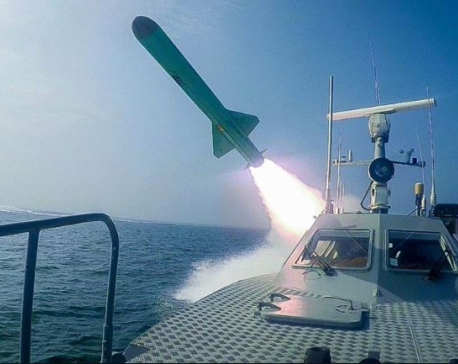
Iran’s counterstrike
The Middle East, indeed, the entire international community, was on tenterhooks after Israel struck the consular section of Iran’s embassy... Read More...





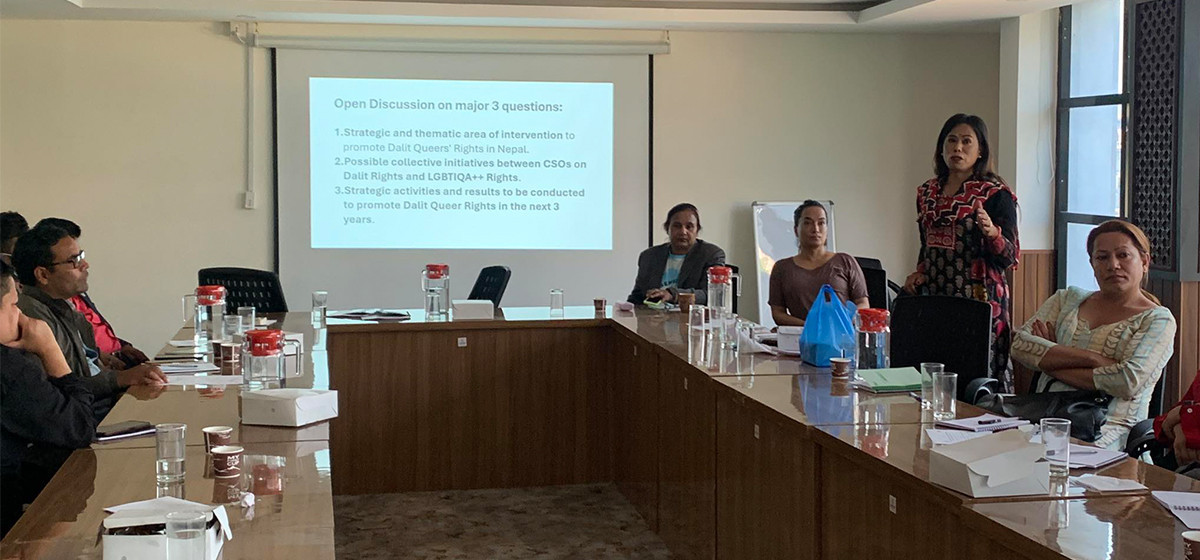


Just In
- Weather Alert: Storm likely in Lumbini and Sudurpaschim
- NOC investing Rs 3 billion to construct fuel storage plants of over 9,000 kl capacities in Bhairahawa
- Reflecting on a festive journey filled with memories and growth
- Dalit sexual and gender minorities lack representation within their own communities and groups
- Nagdhunga-Sisnekhola tunnel breakthrough: Beginning of a new era in Nepal’s development endeavors
- Altitude sickness deaths increasing in Mustang
- Weather forecast bulletin to cover predictions for a week
- Border checkpoints in Sudurpaschim Province to remain closed till Friday evening






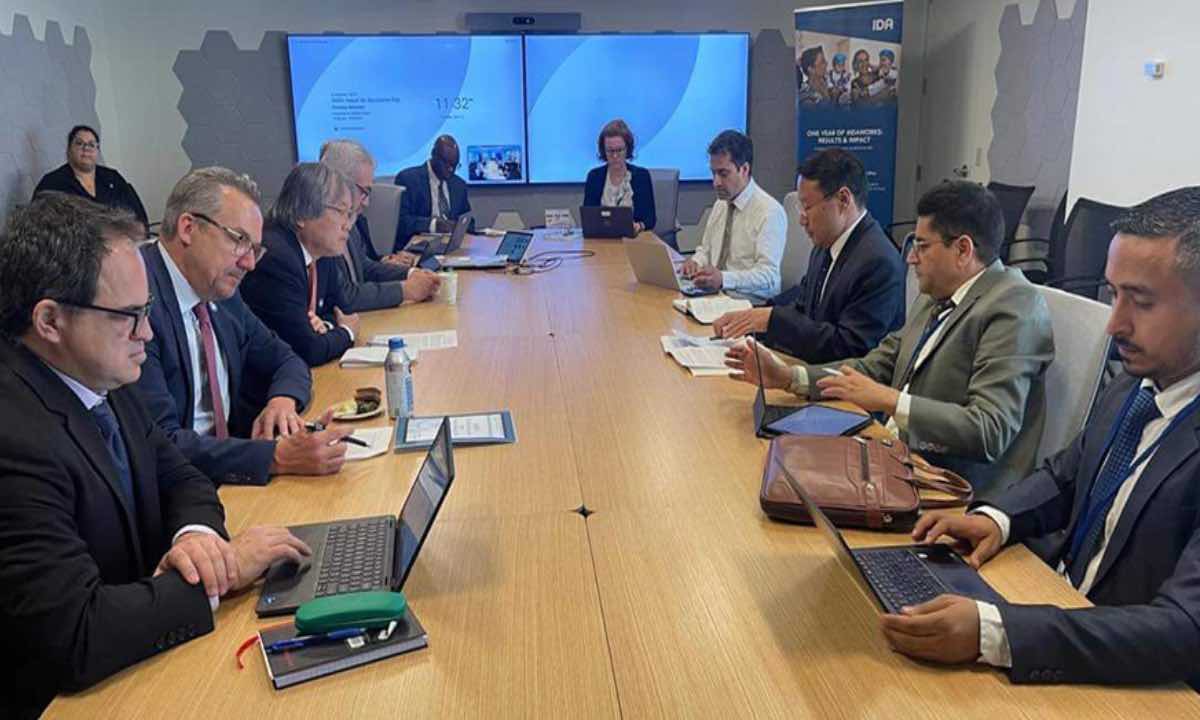
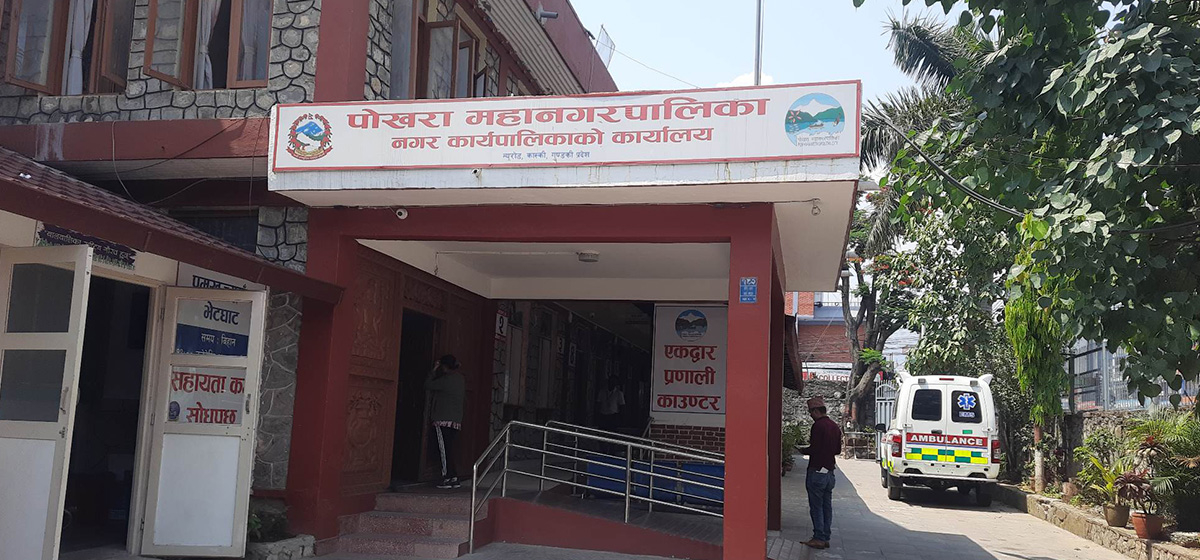


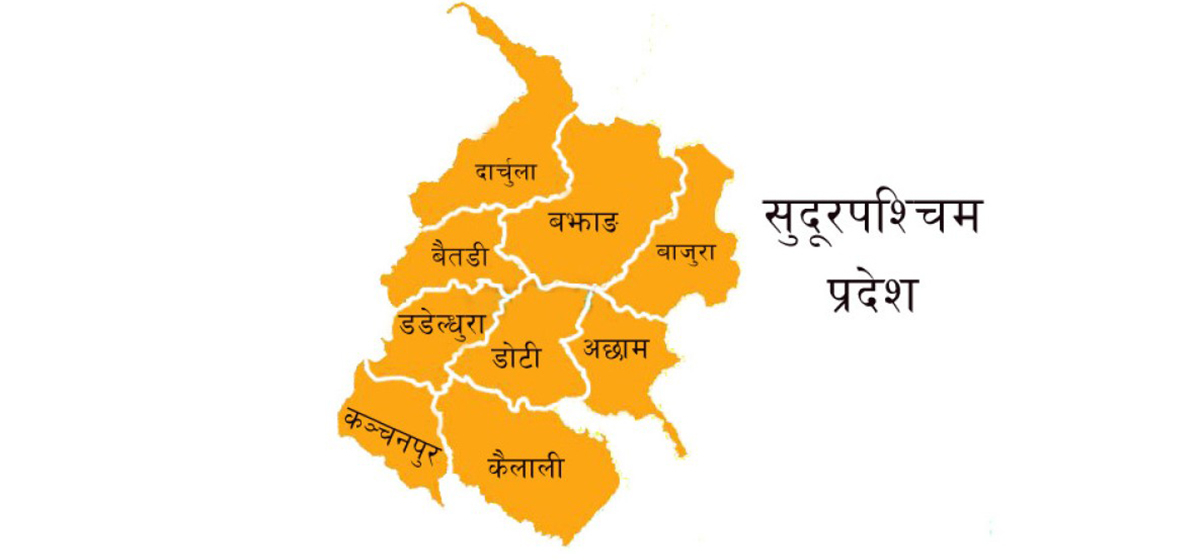
Leave A Comment